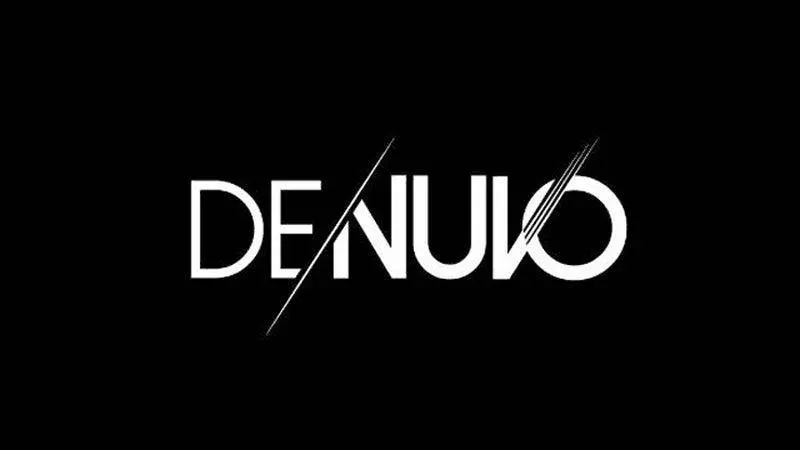Denuvo’s new version targets DLC piracy

There’s a new version of Denuvo that takes aim at DLC piracy, and it’s apparently already out in the wild. The Denuvo SecureDLC is already ingrained in Denuvo anti-tamper software, and its function is to block attacks and unauthorized access—in particular, to prevent the illegal acquisition of DLCs for F2P games, where players pay money for gear and cosmetics.
According to Denuvo press release:
"While selling additional content is an important revenue stream, it has become easy to bypass the existing barriers that try to secure DLCs on popular gaming platforms like Steam and Epic. By using public and easily accessible tools, players can automatically generate and install programs that access downloadable content without paying for it."
Denuvo’s claim is to protect content updates large and small from pirates, including collector’s editions and all types of purchasable DLCs. This will include skins and other items players are so fond of buying.
This means it’s likely that big gaming companies will or have already implemented this system for upcoming DLCs, such as those of Resident Evil Village.

Denuvo has received flak for making several games nearly unplayable due to the massive CPU requirements needed to support it. Various games such as Humankind and even Resident Evil have since dropped Denuvo after launch. That said, Denuvo remains popular among gaming companies. “Denuvo has become a one-stop shop for game developers to ensure the safety of their game against cheating, tampering, and piracy and to protect the gaming experience,” says Denuvo managing director Reinhard Blaukovitsch. “Our current clients, big and small, are ecstatic with the results and we are happy to help them maximize revenue and also enable new business models for these games they spent so much effort building.”
With the rise of DLCs, will likely see the wide use of this new version, potentially opening up an enormous array of performance problems. Let’s just hope that it won’t be the case.
- Most Popular
-
£16.26EA FC 25Kinguin
-
£38.95Call of Duty Black Ops 6HRKGAME
-
£27.87Arma ReforgerHRKGAME
-
£30.65Warhammer 40k Space Marine 2HRKGAME
-
£38.00Baldur's Gate 3Kinguin
- New games
-
£4.09Reus 2 Ice AgeEneba
-
£17.99Tales of Graces f Remastered Deluxe Upgrade PackGamesplanet
-
£24.88Tales of Graces f RemasteredYuplay
-
£17.85Assetto Corsa EvoDriffle
-
£48.85Dynasty Warriors OriginsHit.co.uk
- Available soon
-
£32.99Final Fantasy 7 RebirthCdkeys.com
-
£24.99Synduality Echo of AdaYuplay
-
£44.99Final Fantasy 7 Remake & Rebirth Twin PackCdkeys.com
-
£11.19Virtua Fighter 5 R.E.V.O.Fanatical
-
£38.95Marvel's Spider Man 2The GameCollection
